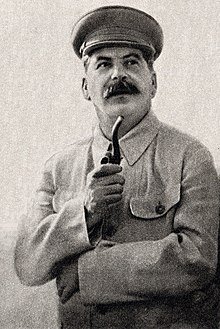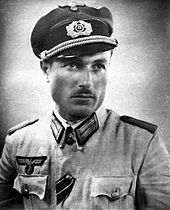Night of the Bayonets: The Texel Uprising and Hitler's Revenge April - May 1945 by Eric Lee (Greenhill Books £19.99)
The Second World War was an epic struggle that involved almost the whole of humanity. Hitler and Hirohito's desires for Empire and hegemony caused conflict and death on a scale that is difficult to imagine. Millions died and not just on the battlefields. Civilians were killed in mass air-raids or in reprisals by occupying forces and there was of course the Holocaust which saw Six Million Jews murdered by the Nazi's.
Of course there were other Gypsies, homosexuals and the disabled were all put to death on the orders of Nazi fanatics. And then of course there were the prisoners on the Eastern Front.
More than any other theatre of war it was the war between Nazi Germany and Communist Russia which became the most brutal. There was no humanity by the leaders of either side, This was total war. Russians taken prisoner in the millions died in their millions at the hands of the Germans.
At the same time there were many in Russia who wanted free of Stalin and the Soviet Union. The Ukraine nationalists story is well known but there other nationalities seeking their independence who rather than waste away in German death camps volunteered to fight for Nazi's.
It is here that Georgia comes into view. A small European country which declared independence from Russia and attempted democracy under a Menshevik regime, the story of which can be found in Eric Lee's previous book The Experiment: Georgia's Forgotten Revolution, 1918-1921 (Zed Books/2017).
A large part of this fairly short book is devoted to the history of Georgia around the time of the First World War in which there had been a strong connection between Imperial Germany and this small country. It's independence and subsequent absorption into the Soviet Empire is covered not forgetting that history's most well known Georgian was one oseb Besarionis dzе Djugashvili or Joseph Stalin.

One of the units the German's recruited was the Georgian Legion. Like other nationalities they faced immediate execution if caught by the Russians. Stalin had ordered his troops to save their last bullet for themselves rather than surrender.
The main subject of this book is the fate of the Georgian Legion who ended the war the Dutch island of Texel which was a quiet backwater relatively peaceful and untouched as the allies had headed into Germany by-passing much of Holland to try and end the war quickly.

Shalva Loladze, leader of the Georgian rebellion
Then came the order that Georgian troops were to be deployed to fight the allies when everyone knew the war was not only lost but near it's end. To die for nothing on Hitler's orders led to the rebellion in which some 600 Georgians and over 800 Germans lost their lives along with numerous Dutch civilians.
Lee covers the involvement of the Dutch Resistance and the Communist Party which had disgraced itself during the Hitler-Soviet Pact and was seeking redemption. The Georgians also feared being returned to Russia where they could have been summarily shot by the Communists.
This rebellion is and remains controversial and has been used by the Russians for propaganda purposes during the cold war. The Georgians were seeking to save themselves one way or another but their betrayal of their erstwhile allies led to bitter fighting that continued after the war ended so angry were the Germans.
It has to be remembered that these Georgians were in German uniform and their Legion did not exactly have "clean hands" during the conflict. How one judges them is a difficult question. Starving and dying in captivity or life in German uniform?
Overall a fascinating piece of history. Recommended.

No comments:
Post a Comment